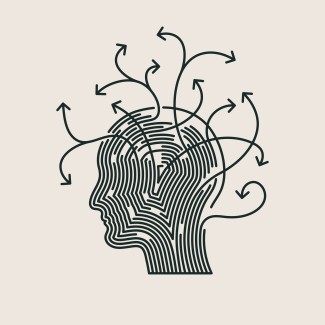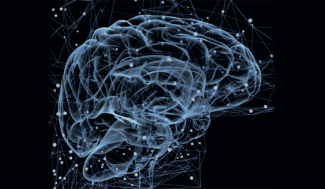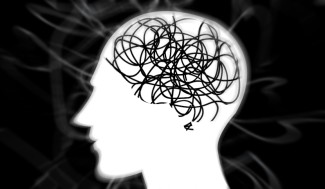Obsessive-compulsive disorder (OCD) affects 2%-3% of the population. Symptoms typically appear around the age of 20 (or 14 in 25% of cases), in the form of repeated, persistent, unwanted and often anxiety-provoking ideas or images. These obsessions are often accompanied by repetitive behaviors designed to neutralize the anxiety and anguish resulting from the obsessions, known as compulsions. OCD is considered to be a disease of behavior, thought and emotion. Around a third of patients with OCD have also had – or still have – tics.
Causes of Obsessive-Compulsive Disorder (OCD)
The causes of cerebral dysfunction leading to obsessive-compulsive disorder (OCD) are still unknown. There is a genetic predisposition, which means that first-degree relatives of a patient have an increased risk of developing the disease. This risk is estimated at 8%, compared to 2% in the general population, but not all genetic variants associated with these disorders are yet known. The hypothesis of an autoimmune mechanism in certain early forms of the disease (an inflammatory reaction directed against a component of the brain) has been put forward but has not yet been proven.




